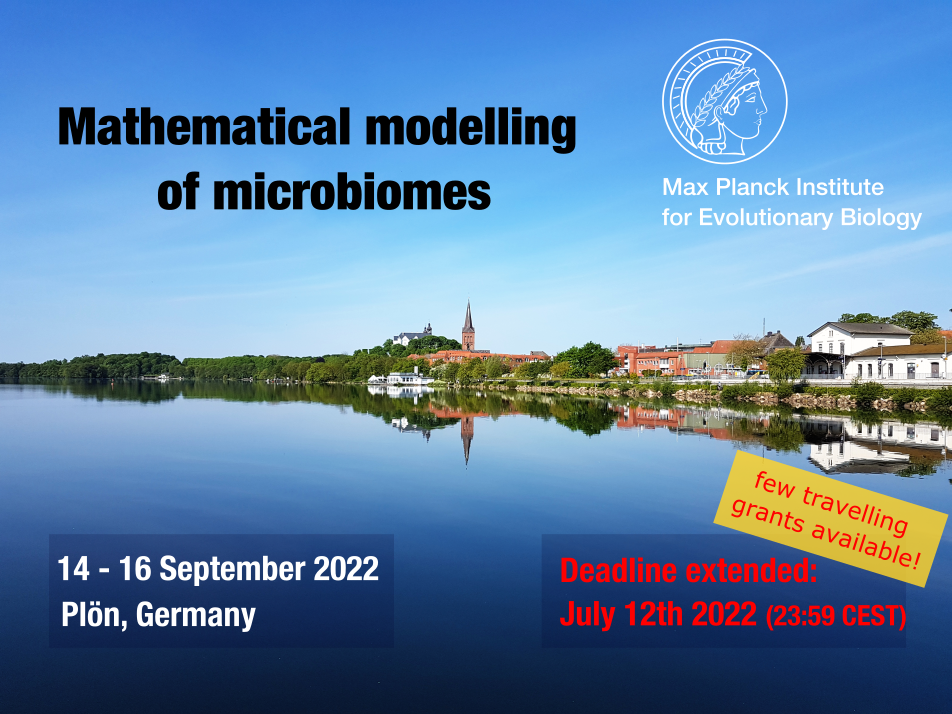Speaker
Description
Inflammatory bowel disease (IBD) comprises disorders characterized by chronic inflammation of the digestive tract and an altered gut microbiome. With the aim to test the hypothesis that disease-mediated changes in the intestinal environment impose different selection pressures on the microbiome, we performed an evolution experiment with Escherichia coli NC101 in a mouse model of IBD to study the adaptation of the gut microbiome to chronic inflammation within a host’s lifetime. Bacteria were allowed to adapt to two alternative mouse intestinal environments (healthy wild-type vs. inflamed Il10-/-) for a period of three months. Fecal samples were collected during the experiment and investigated using multi-omics approaches. Evolved populations were studied by shotgun sequencing, and individual candidate mutations were investigated with a combination of gene expression and phenotypic analysis. The metabolic capabilities of the evolved populations were investigated with Biolog GEN III MicroPlates. Our results suggest that adaptation of bacterial populations to the inflamed intestinal environment could lead to changes in their metabolic repertoire, which in turn may provide new opportunities for therapeutic interventions.

